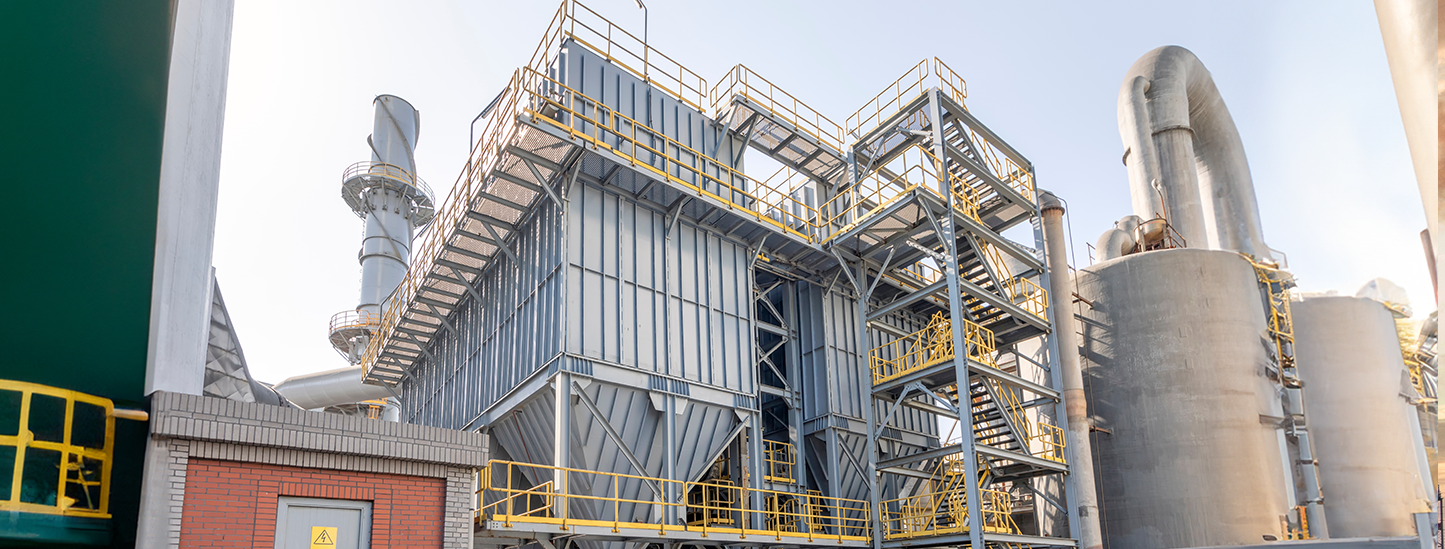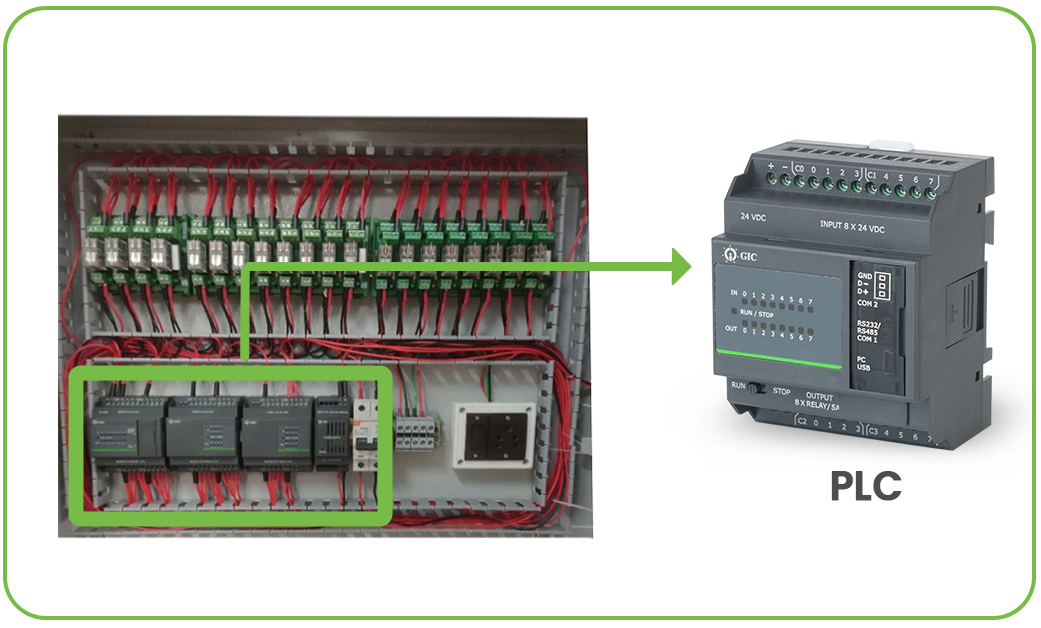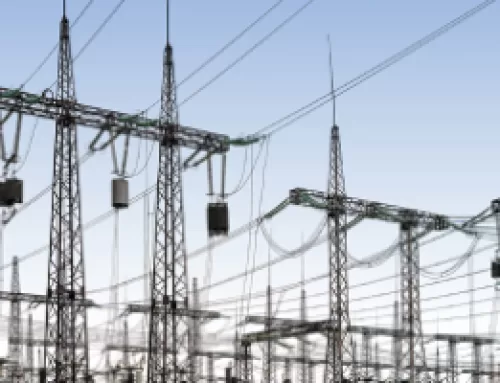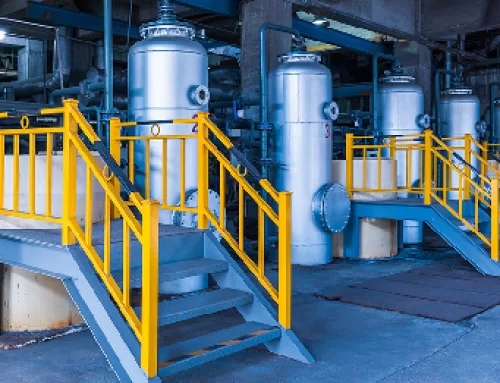Product Category
Process Controls
Product
PLC
Application
Industrial Pollution Control System

Let’s Clear The Air: PLC-based Industrial Pollution Control System
Introduction
Bag filter purging stands as a key method for pollution control in diverse industrial processes, crucial for mitigating particulate matter emissions. This technique finds application in various industries like cement production and power plants, contributing significantly to environmental sustainability.
Challenges
Traditionally, manual bag filter purging posed challenges such as inefficiency, human error, and the risk of exceeding regulatory emission limits. The need for a more sophisticated and automated system became evident to enhance pollution control effectiveness.
Solution
Enter GIC’s innovative solution – a PLC-based sequential timer system. This system employs a sequencer, ensuring precise energization and de-energization of multiple outputs over customizable time intervals. Unlike previous microcontroller-based systems prone to dust and hardware limitations, GIC’s solution is accurate, user-friendly, and boasts advanced features.

Solution
The transition from manual to PLC-based bag filter purging has ushered in a new era of efficiency and reliability. Users benefit from settable parameters, including time intervals and cycle counts, accessible through a user-friendly Human-Machine Interface (HMI). This ensures accurate and reliable pollution control, reducing the risk of emissions exceeding regulatory limits.
The GIC Effect
ISO Certification:
Operating as an ISO-certified organization, GIC ensures adherence to global standards.

Cost-Effective:
GIC’s solution provides cost-effective automation, ensuring maximum value for investment.

After-Sales Support:
A commitment to customer satisfaction with robust after-sales service.
Made in India:
GIC’s products are proudly manufactured in India.

Quality Assurance:
Products hold CE and ROHS certification, reflecting GIC’s commitment to quality.
Conclusion
IGIC’s PLC-based bag filter purging system represents a paradigm shift in pollution control, aligning industries with sustainable practices and regulatory compliance.




